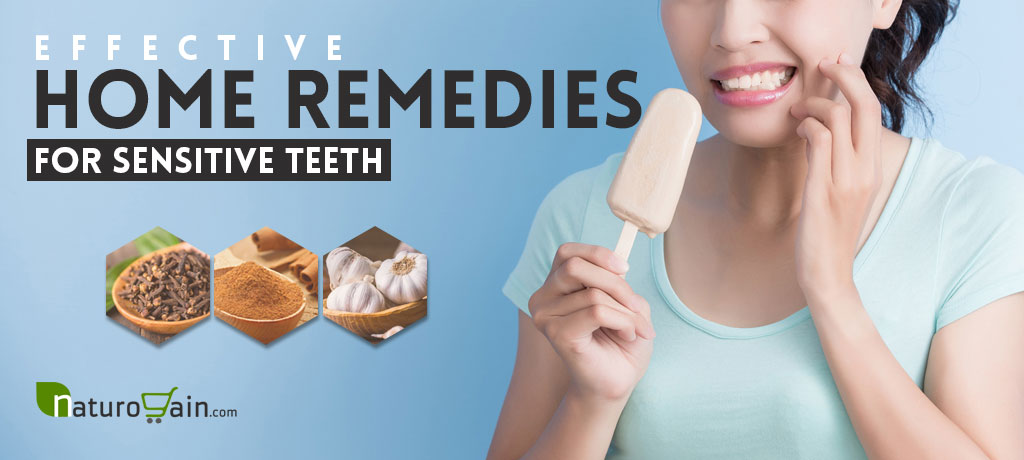Treating Tooth Sensitivity
Are you one of those people who cringe every time you take a sip of hot coffee or a bite of ice cream? Do you experience a sharp pain in your teeth when you brush or floss? If so, you may be suffering from tooth sensitivity.

Causes of Tooth Sensitivity
There are many factors that can contribute to tooth sensitivity, including:
- Brushing too hard or using a hard-bristled toothbrush
- Gum recession
- Tooth decay or cavities
- Cracked or chipped teeth
- Teeth grinding or clenching
- Poor oral hygiene
- Acidic foods and drinks
Treatment Options
If you are experiencing tooth sensitivity, there are several treatment options available to help alleviate your symptoms, including:
1. Desensitizing Toothpaste
Desensitizing toothpaste is specially formulated to help reduce tooth sensitivity. It contains compounds that block the tiny tubes in your dentin, preventing hot, cold, or sweet stimuli from reaching the nerves in your teeth.
2. Fluoride Treatment
Fluoride is a mineral that helps to strengthen the enamel on your teeth and reduce sensitivity. Your dentist may apply a fluoride gel or varnish to your teeth to help protect them from further damage.
3. Dental Bonding
If your tooth sensitivity is caused by exposed roots due to gum recession, your dentist may recommend dental bonding. This involves applying a tooth-colored resin to the exposed roots to protect them from further damage and reduce sensitivity.
4. Root Canal Treatment
If your tooth sensitivity is severe and is caused by an infection or decay in the root of your tooth, your dentist may recommend root canal treatment. This involves removing the infected or damaged tissue from the root of your tooth and filling the space with a special material to prevent further infection and reduce sensitivity.
Prevention Tips
The best way to prevent tooth sensitivity is to practice good oral hygiene habits, including:
- Brushing twice a day with a soft-bristled toothbrush
- Flossing daily
- Using a fluoride toothpaste
- Limiting your intake of acidic foods and drinks
- Wearing a mouthguard if you grind your teeth at night
Pros and Cons of Treatment Options
| Treatment Option | Pros | Cons |
|---|---|---|
| Desensitizing Toothpaste | Easy to use, affordable | May take several applications to see results |
| Fluoride Treatment | Effective at reducing sensitivity, strengthens enamel | May require multiple treatments, not suitable for everyone |
| Dental Bonding | Effective at reducing sensitivity, improves appearance of teeth | May require multiple visits, not suitable for severe cases |
| Root Canal Treatment | Effective at eliminating infection and reducing sensitivity | Requires multiple visits, may be expensive |
FAQs
1. Can tooth sensitivity be cured?
While tooth sensitivity can be treated, it is not always curable. The best way to manage tooth sensitivity is to practice good oral hygiene habits and seek treatment from your dentist if necessary.
2. Is tooth sensitivity a sign of a cavity?
Tooth sensitivity can be a sign of a cavity, but it can also be caused by other factors such as gum recession or enamel erosion. It's important to visit your dentist to determine the underlying cause of your sensitivity.
3. Can I still eat hot or cold foods if I have tooth sensitivity?
While it may be uncomfortable, you can still eat hot or cold foods if you have tooth sensitivity. However, it's important to practice caution and limit your intake of these types of foods to reduce your symptoms.
4. Can I prevent tooth sensitivity?
Yes, you can prevent tooth sensitivity by practicing good oral hygiene habits, limiting your intake of acidic foods and drinks, and wearing a mouthguard if you grind your teeth at night.
